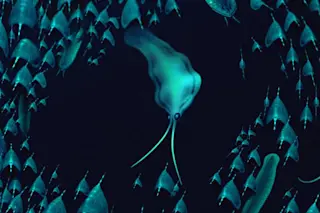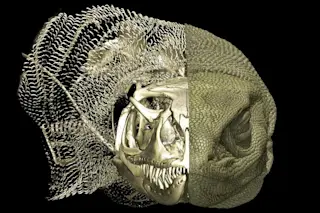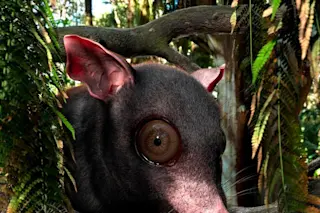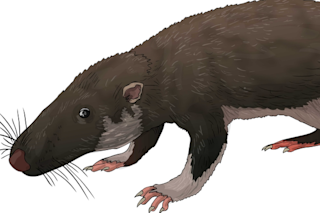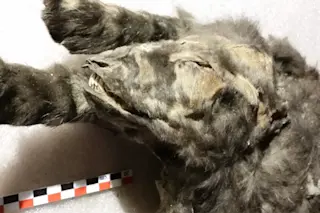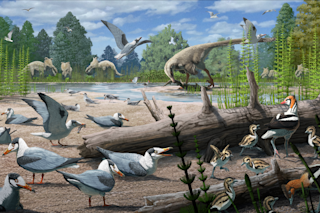Though proving to be a daydream tool for many industries, ChatGPT is quickly becoming a nightmare for academia.
As of January 2023, four separate research papers have cited the AI chatbot as a co-author in a research project — forcing scientific journals to scramble to update their policies and regulations addressing possible ethical problems.
The process of adding an author who made little to no contribution to a scientific paper is called honorary authorship, and it’s caused some serious ethical issues in the past. One of the earliest of these issues occurred in the mid-1970s and involved, surprisingly, a cat.
In 1975, a University of Michigan physics professor by the name of Jack Hetherington had just finished writing a rather influential paper on changing particle behaviors at different temperatures. The paper was due to be published in Physics Review Letters, and the deadline was looming.
Unfortunately, a colleague pointed out ...


